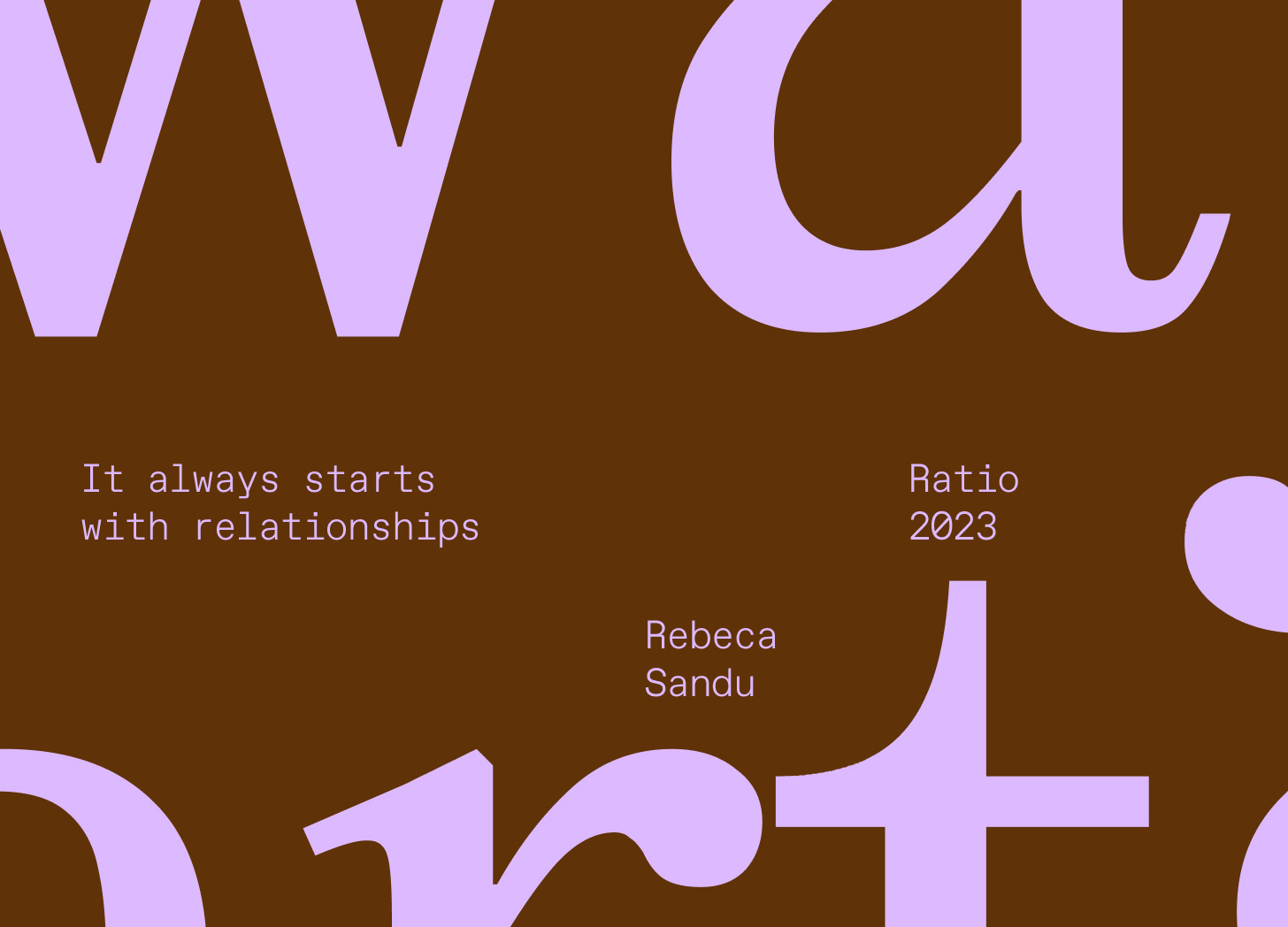It always starts with relationships
Kickstarting Conversations that Count, a journey from talking about relationships to measuring them
Over the next weeks I will tell you about the journey I have been on from talking about relationships to measuring them, and how these two are interlinked. It’s been a decade long journey, which I will structure in a series of short blogs covering:
learning from seminal papers and people
own analysis of relationships
early thinking about pattern of connection
stories of connections from people
a recently completed review of social connection measures
and how I am thinking about the application of these ideas.
It all started with an Inquiry I co-led with my colleagues Beth Truesdale and Michael Little and in partnership with Lankelly Chase into Young People Facing Severe and Multiple Disadvantage. The aim was to understand who these young people were and to find better ways to respond to them. The dry aim got quickly real when I met the 25 young people I worked with over the two year period. We talked about their situations, how they got in and ways of getting out. Together we organised four convenings that brought together 100 experts with experience and/or expertise on the subject, which resulted in a series of testable propositions to respond to this population. These have been written up in a book Bringing Everything I am into One Place.1
One of the loudest findings of the Inquiry was the key role that relationships played in the young people’s lives. The people around them were critical, some in dark and others in good ways. For example, the young people spoke about how past negative relationships in combination with the shame felt at their circumstances led them to back away from others and from help. On the upside, they mentioned ‘key workers’ who cared, understood, and helped them with their goals as being fundamental to alleviating their situations.
If relationships are key to recovery, then:
• Who are the people we turn to for help?
• What do these people give us?
• Do those facing extreme disadvantage have fewer or less positive people available to them?
I embarked on a journey to find out the answers to these questions, and to explore more in depth how relationships affect health. The inquiry was the catalyst to setting up Ratio and to pursue a doctoral degree on the same topic.
In the next episode, I will dive deep into what I have learned about relationships from seminal papers and people.
I will start with Aristotle, where else?


